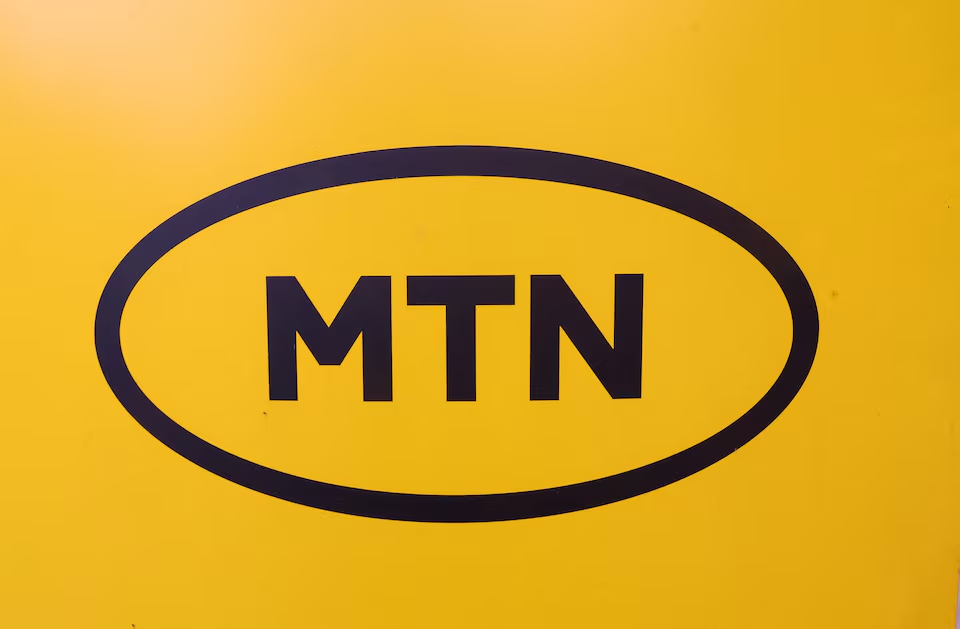The European Union is intensifying its regulatory efforts against major U.S. tech companies under the Digital Markets Act (DMA), with Alphabet’s Google and Elon Musk’s X (formerly Twitter) potentially facing significant fines. This follows recent penalties totaling €700 million ($797 million) imposed on Apple and Meta for anti-competitive practices. AP News+8Reuters+8Cryptopolitan+8
Despite criticisms from U.S. President Donald Trump, who views these regulations as de facto tariffs on American companies, EU antitrust chief Teresa Ribera has emphasized the EU’s commitment to enforcing its laws and values without yielding to external pressures. The DMA aims to reduce the dominance of tech giants and enhance competition by facilitating user mobility between platforms. Medial+2Reuters+2AP News+2
While recent fines are relatively modest compared to past penalties, EU regulators are focusing more on ensuring compliance than imposing heavy sanctions. Observers note that political factors could influence future enforcement. A potential landmark move involves forcing Google to divest parts of its adtech business due to concerns over its monopolistic control—a decision supported by a recent U.S. court ruling. Financial Times+3Reuters+3Medial+3
Meanwhile, an investigation into X under the Digital Services Act is ongoing, with a decision expected soon. EU officials stress that effective regulatory change should prioritize market competition and behavioral adjustments over punitive fines. Reuters
The U.S. tech industry has labeled these penalties and accompanying operational requirements as “tariffs,” aiming to draw former President Donald Trump’s attention amid his ongoing trade agenda. Meta’s global affairs officer criticized the EU measures as economically damaging and detrimental to service quality, claiming they amount to economic extortion. Tech lobbyists argue these actions represent a new escalation in transatlantic trade tensions. Medial+2Politico+2Reuters+2
A Nobel Prize-winning MIT economics professor has advocated for Europe to follow the U.S. lead in taking strong antitrust actions against Google. The article argues that decades of regulatory failure have allowed tech giants like Google, Amazon, and Apple to monopolize markets and gain immense power, undermining innovation, competition, and democratic institutions. The professor calls on the EU to build upon its Digital Markets and Digital Services Acts and take bold steps beyond fines—including potentially breaking up monopolies—to restore competitive balance. Financial Times
The Digital Markets Act, implemented in 2022, aims to curb the dominance of major tech companies, including Google, by designating them as “gatekeepers” and enforcing rules to foster competition and give users more options. These regulations facilitate interoperability between platforms, prevent default application bundling, and restrict data usage for personalized advertising without clear consent. Non-compliance could result in hefty fines or even a mandatory company breakup. AP News
In summary, the EU’s steadfast approach to regulating Big Tech under the DMA reflects its commitment to fostering a competitive digital market, despite potential geopolitical tensions and industry pushback.Medial+1Reut
Source: ET Telecom




